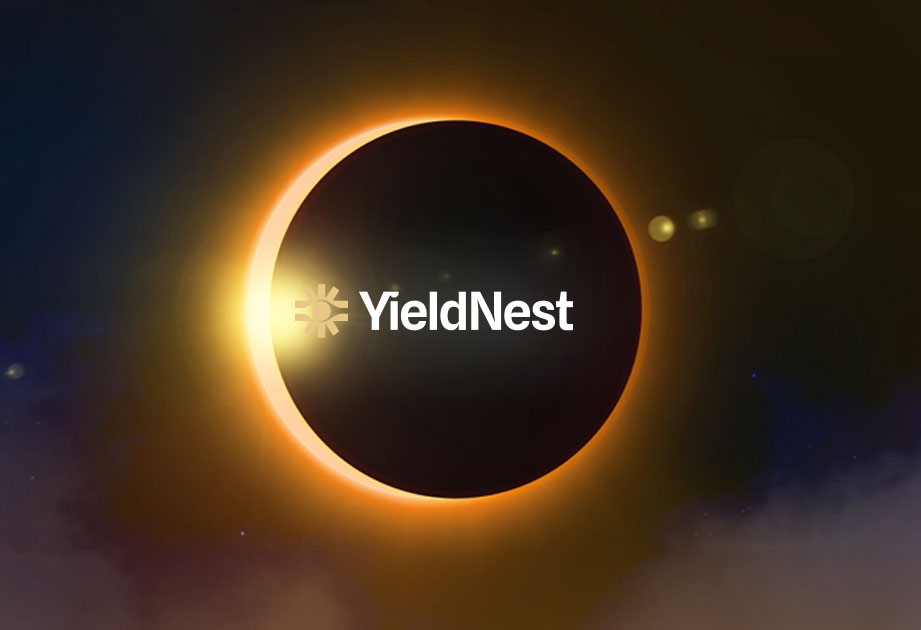Image source: Getty Images
The idea of earning some extra money on a regular basis without working for it appeals to me. That is why I put money into dividend shares. I hope that, over time, that can help me build a second income.
I like the fact that I can use this approach just with the money I put aside each week, rather than needing a big lump sum upfront to begin.
Here is how I would go about it, if I had a spare £15 each week to invest.
Sowing acorns for financial oaks
If you think about Rockefeller or Warren Buffett, it might be hard to imagine them bothering to put aside £15 a week to invest. It seems like quite a small amount.
But I think there are a couple of good reasons to get into a regular habit of saving to invest, even on a modest scale. First, setting a realistic target that matches one’s own financial situation makes it more likely that one can achieve it.
Secondly, regular saving on a fairly modest scale can add up. £15 a week amounts to £780 saved in a year, for the cost of a few pints a week or a daily coffee.
But if I put that £780 into dividend shares and hold them, I may still be generating income from it 10, 20, or even 50 years from now. Meanwhile, if I had kept saving regularly, I would also have invested lots more money by then.
Growing my second income
What sort of second income are we talking about?
That depends on what is known as dividend yield. If I invest £780 at an average yield of 6%, for example, I should earn almost £47 a year in dividends from it.
Dividends are never guaranteed, but many companies do pay them out year after year. Some also regularly increase their dividends. So the money I invest in 2023 might end up earning me a bigger income in a decade than it does next year!
Finding shares to buy
But what kind of shares would earn me that yield? How could I know if the dividends would continue?
Dividends are never guaranteed, so there is no way to be sure. Instead, I try to take an investment approach based on first principles and working back from my objective.
If I want dividends, I need to own shares in companies that generate more cash than they need to run their business, including managing any debt on their balance sheet. As I am trying to build a lifelong second income, I look for companies with a unique advantage in an industry I think will see enduring demand. That could fuel long-term profits — and dividends.
Managing my risk
An example of such a share is Tesco. It has a large customer base and store estate. I expect demand for groceries to remain high no matter what happens to the economy in future. That should help Tesco, which yields 5.1%.
But all companies can run into unexpected difficulties. Tesco stopped paying its dividend in 2015 and 2016, for example. So I would diversify my portfolio across a range of businesses. If I find the right sorts of firms, hopefully I can build a second income for the long term.
Credit: Source link













